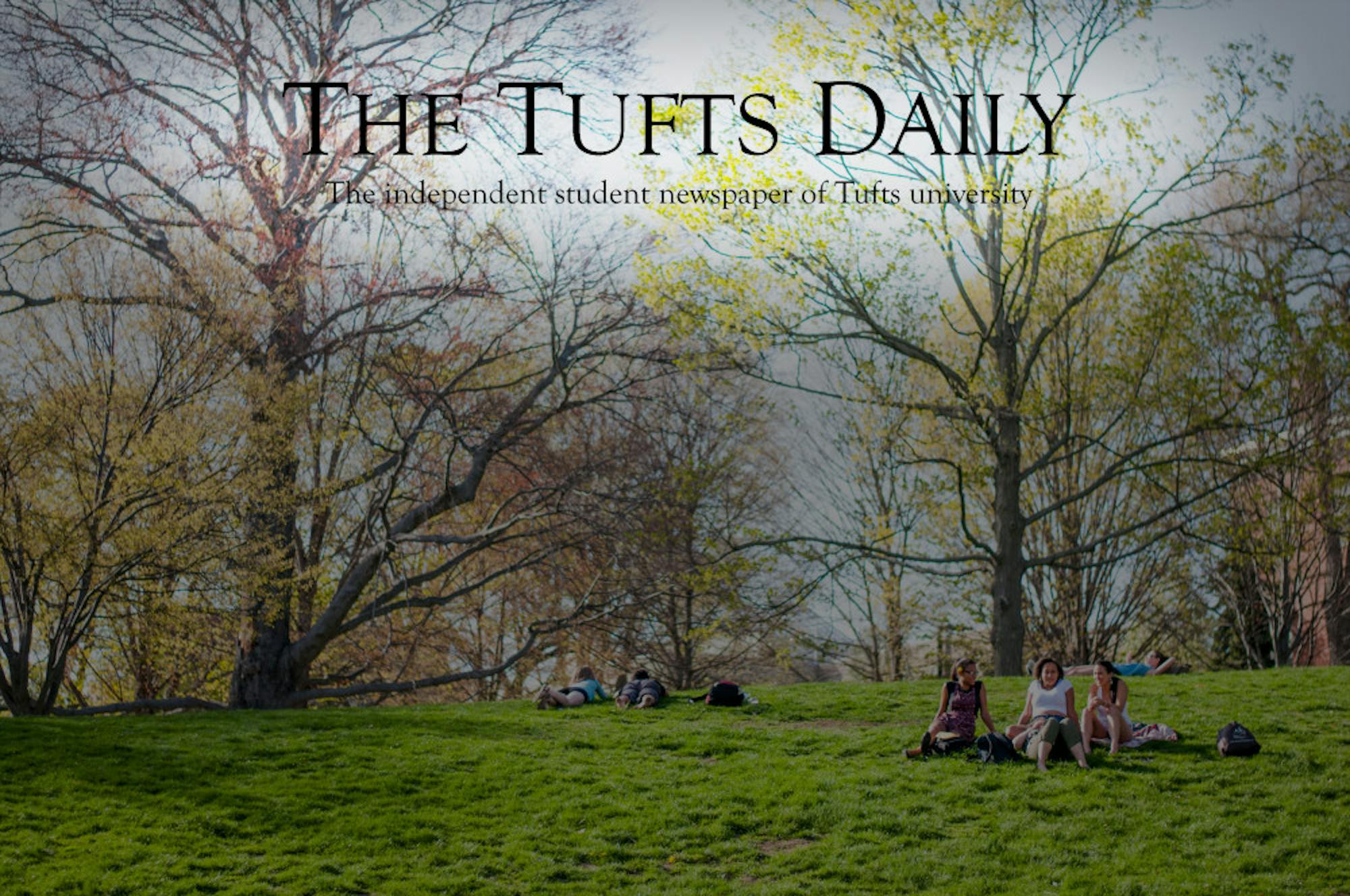The 25th Annual Boston Jewish Film Festival (BJFF) kicked off this Wednesday with an impressive and diverse lineup of entries. The festival, founded by filmmaker Michal Goldman in 1989, has since grown from 10 screenings to more than 50 at various Boston and Brookline venues, including the Museum of Fine Arts, Boston and the Coolidge Corner Theater . According to Executive Director Jaymie Saks’s comments on the BJFF website, the festival expects “thousands of passionate film-goers” to attend the screenings. The core mission of the festival, according to the website, is to celebrate the richness of the Jewish experience through film and media and “invite the community to explore the full spectrum of Jewish life, values, and culture.”
Origins
This year, the program will honor festival founder and Boston native Michal Goldman. Goldman, an award-winning filmmaker, decided in the ’80s to move back to Boston from Northern California and start the festival. MFA film curator Bo Smith saw potential for a larger festival and offered the museum’s Remis Auditorium for screenings. With financial support from philanthropist Norton Sherman, Goldman selected her first few Yiddish films from the National Center for Jewish Film archive. Even in its first year, the festival achieved significant success.
Since its inaugural run, the festival has shown over 1,000 films and hosted over 250,000 audience members. Many of the featured films have been nominated for and won Academy Awards, including “The Pianist” (2002), winner of Best Director and Best Adapted Screenplay in 2002, “Nowhere in Africa” (2001), winner of Best Foreign Film in 2002 and “The Personals” (1998), winner of Best Short-Subject Documentary in 1998. Directors come from around the world to introduce their films and conduct panel discussions, and showings are often complemented by music — scores for silent films, full concerts and dance performances are some of the highlights of the event.
Making the cut
The selection process for films is competitive. Contenders are reviewed by a team comprised of an Arts Director and other film professionals. One key requirement is that the films cannot have been previously been shown in Boston — the BJFF prefers to be the first in the area to screen selected films. This year, Arts Director Amy Geller viewed between 300 and 400 films with her team, narrowing that number down to just 48 for the festival.
Audience members are also allowed to cast ballots and vote for the best film among a series of short films — a practice that began in 2002. Today at 7 p.m. at the Somerville Theater in Davis Square, audience members are invited to view six short films. After, they can vote via text for their favorites, and the winners will receive $1,500 and $1,000, respectively. Following the competition, there will be a 21-and-over event at Orleans for those who attended the showing.
Connecting with younger audiences
Geller, a graduate of Bates College, started as Artistic Director for the BJFF almost two years ago, after years of experience in filmmaking and production. Recently, Geller enrolled in a few directing courses at Suffolk University and was struck by the “fearless creativity” of her fellow students. She hopes the festival will help recreate the same dynamic, educational experience she had at Suffolk and convey it to viewers.
“Short films are an increasingly popular art form, but a really good short film is rare,” Geller told the Daily. “At the festival, I try to create a similar environment where our team can push the boundaries of creativity and where everyone can learn about issues that affect people at home and abroad. Where else can you see amazing films from 13 countries including Algeria, Egypt, Morocco, Israel and the Netherlands?”
One of Geller’s main goals for this year’s festival was to reach a more diverse audience.
“Typically our audience tends to skew a little bit older. ? We’ve programmed this [event] to cater to the 20 to 40-[year-old] professional crowd,” Geller said. “[Now] we’re reaching out to a younger group of people and hoping that they will be just as excited about our films as the older crowd is.”
The 2013 festival will feature the Israeli thriller, “Big Bad Wolves.” With this film — which Quentin Tarantino called the best of 2013 — the BJFF hopes to attract a younger audience, particularly by screening it at midnight on Saturday, Nov. 9 at the CCT — a first for the BJFF. “Big Bad Wolves” marks a return by Israel’s first-ever horror filmmakers, Aharon Keshales and Navot Papushado, who are best known for “Rabies” (2010). Their film tells the tale of a cautious police detective and a revenge-seeking father who, after a series of violent murders, set out together to capture the accused serial killer. The film was nominated for 11 Ophir Awards — the Israeli equivalent of the Oscars — and was the winner of five: Best Cinematography, Best Production Design, Best Makeup, Best Original Music and Best Original Soundtrack.
Festival milestones
2013 marks the inaugural presentation of the BJFF Community Leadership Award, which has been given to Lisa Simmons, the founder the Color of Film Collaborative and co-producer of the Roxbury International Film Festival.
“She’s just a real force in the community for creating opportunities for filmmakers of color to exhibit their movies,” Geller said. “And we just felt like we should expand and honor someone who is doing such great work in the Boston community.” Additionally, the BJFF is not only celebrating its 25-year anniversary this year, but also its strong, successful relationship with the MFA. 12






